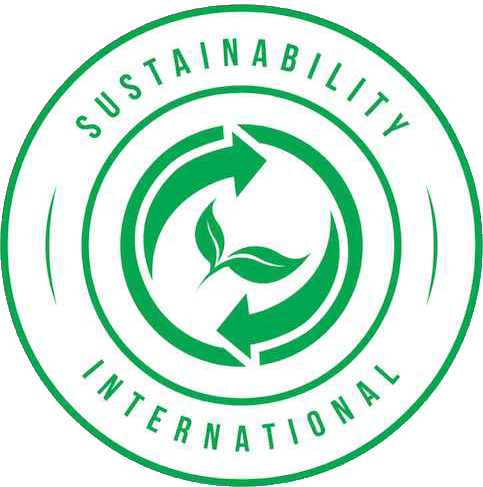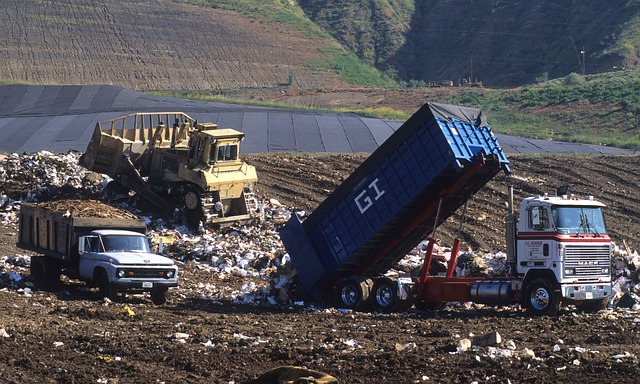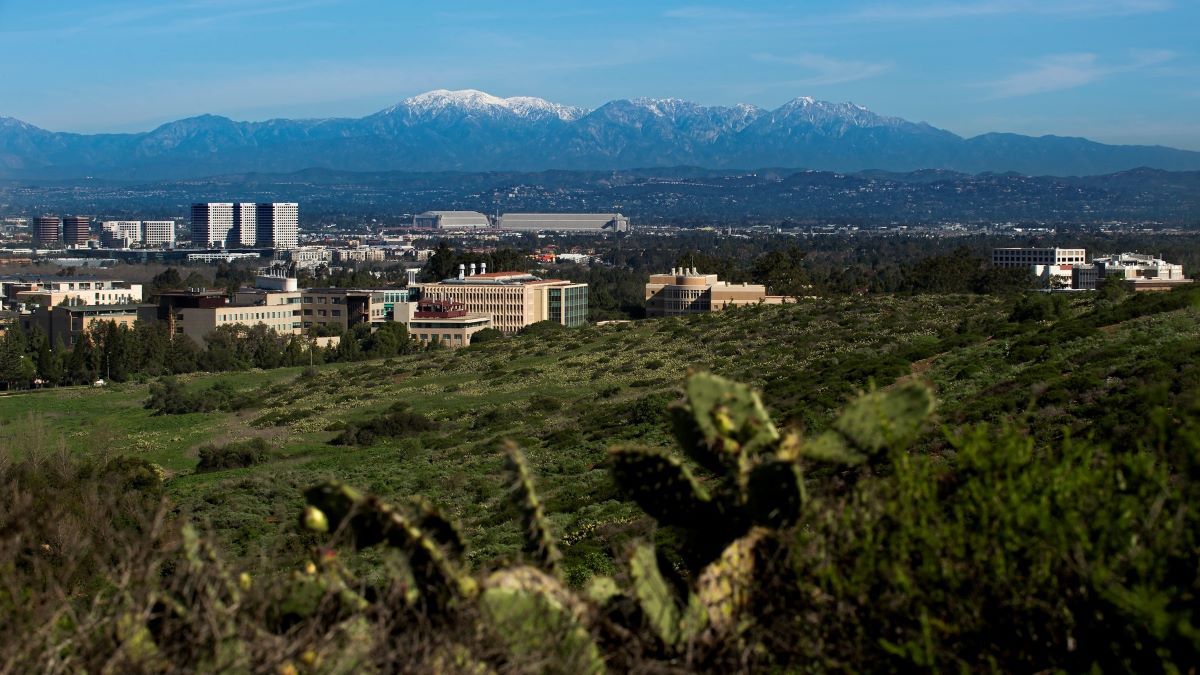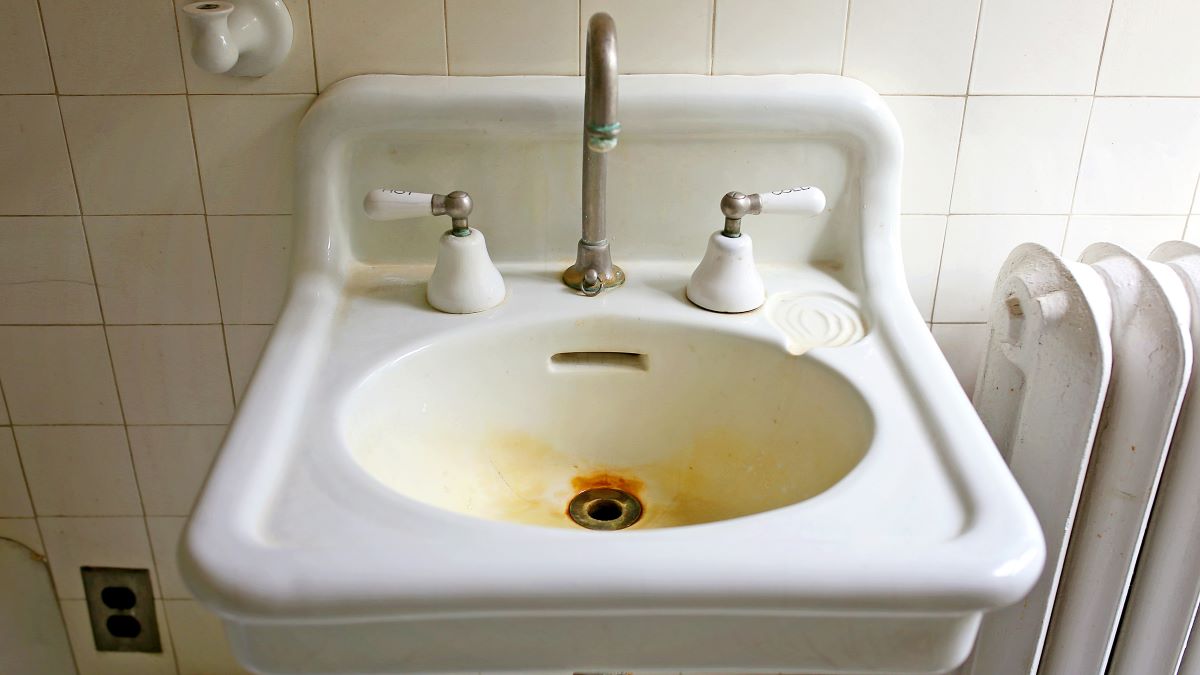Why Do We Create So Much Waste?
Waste is not a new phenomenon. Throughout our history as our societies developed and matured we have created increasing amounts of waste for disposal. Examining what we dispose, is actually a good method for tracking human development.
Why has our waste, grown over time? It’s mainly a result of our movement from a survival existence to being a consumption society.

During this growth, we have mostly disregarded the effects that waste has had on our society. The adage “out of sight, out of mind” aptly describes how we viewed waste in our minds.
Today most people are separated from both the resources we extract and the waste we produce. We get paper products from the store and our garbage goes out the door in a bag or can. Few of us have actually seen or even considered how trees are harvested to provide paper or how our landfills grow to contain the trash bag we set at the curb on pickup day.
Did Abundant Resources Create Our Indifference to Waste?
Early settlers in New England, cleared forests to provide the acreage necessary for pasturage and crops. We also clear-cut the hardwood forests of the Midwest to provide lumber for buildings and to make the charcoal necessary for iron production.
in the 18th century we decimated our bird populations to provide feathers for women’s hats. Beaver populations were trapped to feed the demand for their pelts. Our seemingly endless herds of buffalo were hunted to the brink of extinction to provide the pelts society demanded.
The passage of time hasn’t made things much better. I recently watched a video showing Japanese fishermen slicing fins from sharks, then throwing the helpless sharks back into the sea to die.
Do Humans Create Waste Out Of Indifference?
Our separation from the results of our actions may lead to an attitude of indifference. It seems we will only alter our habits if we are forced to pay high fees to dispose of the garbage we produce.
In urban areas, the ease of disposal provides little incentive for us to reduce waste. In rural areas, those responsible for disposing of their waste might be more sensitive to what they produce.
Why Are Humans Indifferent to Waste?
Arrogance may lie behind our indifference about waste production. In some ways we may feel entitled to consume whatever resources we desire. This also gives us the ability to disregard the waste that may result.
It wasn’t until the 1970’s when we faced our first oil shortages that we became aware of possible resource limitations. Our prior attitude had no inhibition about exploiting natural resources.
Is arrogance hiding behind our indifference? Do we feel entitled to consume all the resources we desire? Do we feel that somehow we are not responsible for the waste resulting from our actions?
Growing Awareness About Waste Caused Laws to be Passed
Action to change our consumption began slowly. Teddy Roosevelt and others helped create programs to create and protect parks and forested lands during the late 19th and early 20th centuries.
However, our consumption of natural resources and production of domestic and industrial waste continued unabated. Awareness of the effects of urbanization and industrialization grew as we entered the 20th century.
Gradually laws began to limit the waste and pollution that was most harmful to our society. Laws were passed to protect the environment, such as through the Clean Air and Clean Water Acts and the hazardous waste law or Resource Conservation and Recovery Act (RCRA). Our impact on wildlife and their habitats resulted in laws like the Endangered Species Act being passed.
There is Strong Resistance to Waste Regulations
Continuing attacks on the ESA since its passage in 1973 show that protecting the environment is not at the top of everyone’s agenda. Many still place personal gain over protecting our resources for everyone’s use.
Mankind continues to consume more natural resources each year than the Earth replenishes. Our sense of mastery over nature still fuels our excessive use of resources and production of enormous quantities of waste.
Do We Have to Consume More?
Many will argue that for our growing society to progress, we must automatically consume more resources. They argue that technology must be allowed to develop, even if more waste is the inevitable result.
Those opposed to protecting our limited resources and environment argue that doing so will unnecessarily limit our economic growth. They feel that even reasonable limits will hamper our growth.
We may not all agree how much material consumption is necessary for living comfortably today. However, the larger question is whether any modern, developed society requires waste as a necessary by-product.
Can New Technologies Help Reduce Our Waste Problem?
Waste is not necessary to make society more developed and materially comfortable. Earlier development and application of technology might have already solved our waste management problem.
Today the new battle cry of many is applying the ‘triple bottom line’ as the new way to measure success in our economy. Combining economic, environmental and social measurements to all of our actions it is a progressive way to measure our success.
Every business decision is viewed through a prism which considers how every business decision affects our society, environment and economy. This is frequently touted as the new way to determine the viability of production and the waste it produces going into the future.
We now come to the question of a solution for our waste problem. Is there any real hope for solving our waste problem? If so, what form will the likely solution take?
It’s not clear that we can become resource self-sufficient. However, if we make the effort, we can adapt to the limits of Earth’s non-renewable resources.
Is There Hope That We Can Solve Our Waste Problem?
Without question, there is hope that we will find solutions to our waste problem. Our first step was the introduction of the Reduce, Reuse, Recycle Campaign to promote protecting our environment. This program encouraged the reduction of waste, the possible reuse of waste for other purposes, and finally recycling waste.
Recent technology advances have given us new and innovative ways to tackle some of our most pressing issues. Carbon emissions from coal-fired power plants have become the poster boy for what we are doing that is harmful for our environment.
New Solutions Will Help Solve Our Waste Problem
Better design of products and production processes have proven what is possible both humanly and technically. It’s unclear whether society can become totally self-sufficient from a resource perspective.
Algae fuel made by capturing carbon emissions and feeding them to algae which produce a bio-fuel to help power our societies energy needs is one of many new and promising technologies. This innovation shows the real progress we have made in reducing waste, if not our actual consumption.
However, with a concerted effort, we hopefully will come within the limits of Earth’s renewable resources. This is not just a hope, but a necessity for us to survive in the long term.
Will These Solutions Help Create a Green Economy?
The solutions to create a green economy are being developed. The bigger challenge is making the solutions economically affordable and feasible. Once the affordability issue is overcome, getting society to embrace the solutions will be an easy sale.
Government has a critical role to foster and encourage these approaches through grants and other financial incentives. Meanwhile industry and individuals will shoulder most of the development and implementation steps necessary to reduce the cost of waste production.
Changing the attitude of individuals and businesses may be hardest part of the necessary solution to achieve.
Will Incentives Help Create Our New Waste Solutions?
Economic and financial incentives will help make less wasteful practices more attractive. They will also create a virtuous circle that, over time, should change attitudes toward waste and consumption.
Gradually, practices that were considered necessary to improving our lives will eventually be seen as detrimental and a sign of wasteful inefficiency.
Do We Have Time to Create Our New Waste Solutions?
The news is not all bad. Many feel that time is not on our side, they feel that unless urgent, drastic and immediate action is taken that all is lost. Their arguments are strident, with no room allowed for anyone to question their opinions.
However, the past does not support their urgent claims for our future. In 1970, The Boston Globe ran the headline, “Scientist predicts a new ice age by 21st century.”
The Washington Post, published a Columbia University scientist’s claim that the world could be “as little as 50 years away from a disastrous new ice age.”
We all know that these predictions did not happen. So take a deep breath and understand that real progress is actually being made to make our waste problem manageable and solvable.
The Truth Is, The Sky Isn’t Falling, Really!
I view present day claims of ruin over rising temperatures with equal disdain. It’s important to make reasonable and incremental changes which will have a positive effect on our environment.
The Environmental Protection Agencies data for 1980 to 2015, show that improved Auto Emissions standards have decreased emissions by 65% while miles driven have more than doubled over the same period. Real progress has been made.
The EPA data also shows that from 1980 to 2015, the US population grew by 41% while overall pollution by emissions dropped by 65%. Again the actual data show genuine progress.
Today, our newfound wealth of natural gas discoveries has brought a shift from using coal to cleaner natural gas being used for generating much of the electric power we need. This change has given us the bonus of reducing our power plant emissions significantly.
Eventually, we will all live in a cleaner environment brought by real actions that have been taken. New technologies and our experiences are driving our drop in year to year emissions growth. These changes mean that ours will be an environment that we are comfortable living in again.
Will the Circular Economy Solve Our Waste Problem?
Many companies are already changing their production practices. We are seeing a shift from the old linear method of production to a new approach. The new method is known as the circular economy or is simply referred to as “circularity”.
Circularity goal is to eliminate waste and eliminate the continual tapping of new resources. Circular systems make, use, reuse, remake and recycle. Employing a closed-loop system, all waste should become the raw material for another process.

Subaru’s Zero Waste Factory Solved Their Waste Problem
Circular economy proponents claim that they offer the true path to a sustainable world. They also suggest that circularity should not require a drop in the consumers quality of life. Circularity, would ideally be achieved with no revenue loss or additional cost to manufacturers.
The argument is that circular business models can be as profitable as linear models, allowing us to keep enjoying similar products and services. Today, Circularity is not just an economic theory. In just two years, Subaru transformed their Lafayette, Indiana manufacturing plant into a Zero-Waste Factory.
Subaru and other companies are showing how we can all reduce or eliminate our waste problem…..
Calculate Your Carbon Footprint
If you would like to calculate your Carbon Footprint, follow the link to the free carbon footprint calculator of the United States Environmental Protection Agency.








